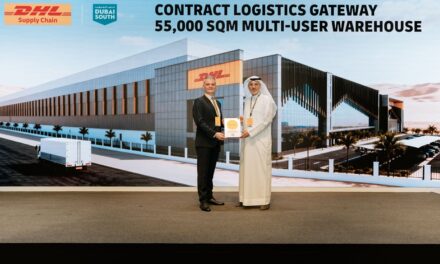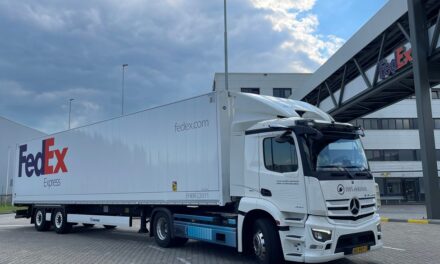
Lithuania Post trials electric vehicle in postal fleet
Lithuania Post is the latest postal service to try out the current generation of electric vehicles for the delivery of the mail. The Post has taken on a new Tazzari Zero, which it says should save several thousand litas per year (one lita = $0.38 USD, EUR 0.29).
The company said that unlike conventional or even hybrid cars, the Tazzari will avoid parking charges in Lithuania, and using electricity rather than hydrocarbon-based fuel means the operating costs will amount to about EUR 2 per 100km.
Unveiling the new car, Lithuania’s transport and communications minister, Eligijus Masiulis, said the vehicle would contribute to both environmental and cost-reduction goals.
The minister said if the trial proves successful, the Post was likely to take on more electric vehicles.
He said: “Lithuania Post is one of the pioneer companies that have changed traditional petrol and diesel cars into electric one. If this solution serves its purpose, I believe it will not be the only (electric) car in Lithuania Post’s fleet.”
Tazzari
The Tazzari Zero is a light Italian-made vehicle that debuted at the 2009 Bologna Motor Show, using a lithium-ion battery for a range of 140km (87 miles) on a single charge. The small car has a top speed of 100kph (62mph) and retails at around EUR 20,300 in the European market.
Lithuania Post is currently leasing the vehicle, and charges it each day at its headquarters. The car can be charged overnight from a standard 220-volt household wall socket in the Baltic Republic, although a super-fast charging station can charge the battery up to 80% capacity in 50 minutes.
The Post’s chief executive, Lina Minderiene said the “economical and ecological” electric vehicle project was part of her company’s overall effort to improve its environmental credentials.
She said so far, the vehicle was living up to its promises.
“For the meantime, our expectations have been realised,” she said. “Maintenance costs for the electric car are considerably lower than for the old one. This is very important to the company, which is endeavouring to make activities more efficient.”
Last month the FedEx chairman Frederick Smith suggested electric vehicles in logistics fleets were achieving up to 70% lower operating costs. The key barrier to more widespread use in the industry at the moment is the up-front capital cost compared to conventional mass-produced vehicles.












